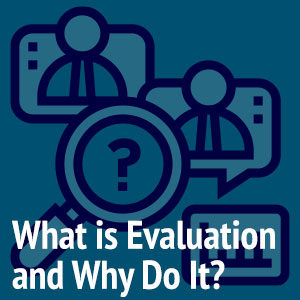
In “A Machine May Not Take Your Job, but One Could Become Your Boss,” by Kevin Roose, New York Times, June 23, 2019, the author says “…in all of the worry about the potential of artificial intelligence to replace rank-and-file workers, we may have overlooked the possibility it will replace the bosses, too.” Roose observes that one of the goals of AI is to optimize efficiency of humans in the workplace. Thus systems that monitor, guide, and report on employee performance are increasingly seen in white collar workplaces, where employees are being “assisted” to be more productive, more customer friendly, and work more quickly — by “adjunct management,” i.e., artificial intelligence.
Roose scans a variety of workplaces. In the insurance industry, he reports on AI systems that provide on-screen prompts to call center works — prompting them to be chirpier and more empathetic; he discusses the use of AI and employee tracking in both Amazon warehouses and retail stores. In the later he notes that 7-Eleven “uses in-store sensors to calculate a “true productivity” score for each worker, and rank workers from most to least productive,” and notes “Uber, Lyft and other on-demand platforms have made billions of dollars by outsourcing conventional tasks of human resources — scheduling, payroll, performance reviews — to computers.
Management by algorithm doesn’t just affect call center works, Uber drivers, and warehouse workers. It also bodes less-than-well for managers, whose traditional supervisory and over-site duties are increasingly being handled by “robots”. As we discussed in “Humans Need Not Apply,” AI promises to displace both blue collar, manual laborers and white collar, college-educated professionals — the latter including but not limited to, lawyers, computer programmers, managers, office and retail workers. “A Machine May Not Take Your Job, but One Could Become Your Boss,” hauntingly suggests that management too, is in the cross-hairs of AI.
Resources:
“Robots Are Not Coming for Your Job. Management Is,” Brian Merchant, Gizmodo


